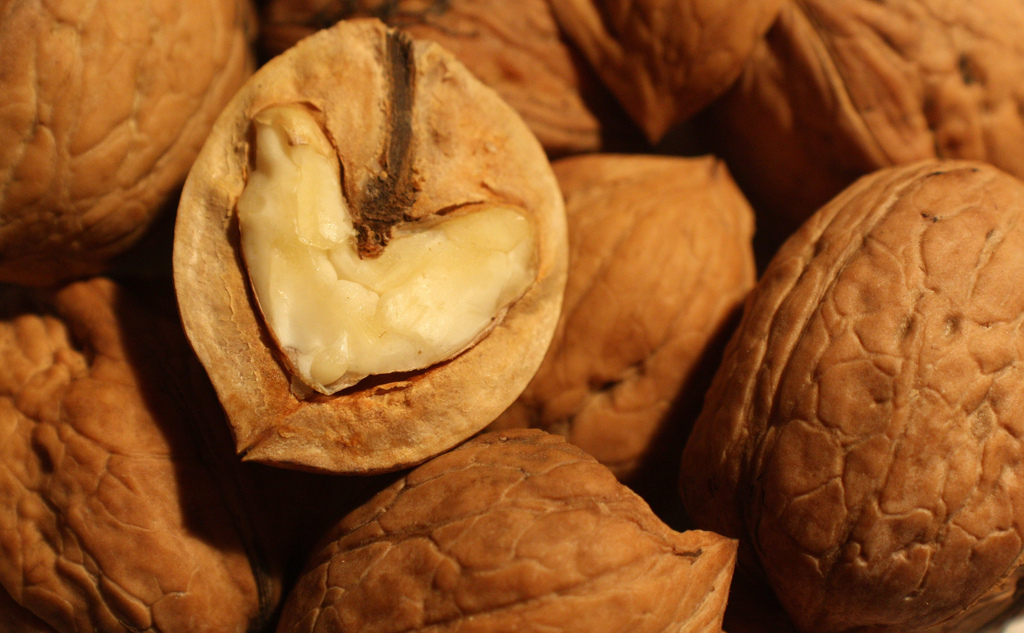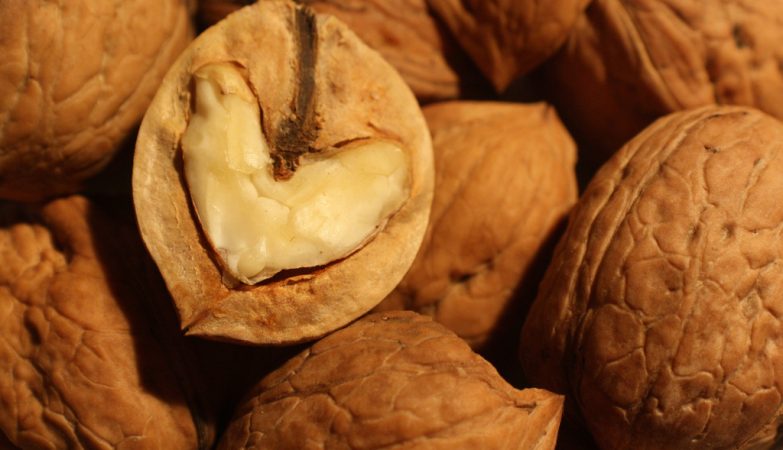There are foods that can improve your mood, sharpen your memory, and help your brain work more efficiently.
This is what Uma Naidu, a nutritionist and professor at Harvard Medical School in the United States, argues.
Mental health and food are linked in the same way that the brain and the gut are, in a relationship important consequences for the body.
If the diet is not healthy, the intestines can become inflamed and suffer the consequences of an inadequate diet. This can affect the development of anxiety, inattention, and illnesses such as depression.
Now, the psychiatrist talks about a selection of foods that she considers good for her And improves mood And strengthen brain power.
1. Allspice
The spice is known for its antioxidant properties. Some, like turmeric, have beneficial effects in reducing anxiety.
Curcumin, the active ingredient in turmeric, can Reduce anxietythus altering brain chemistry and protecting the hippocampus.
Saffron is another spice that psychiatrists love very much. Research has shown, Naidoo explains, that saffron has effects on Major depressive disorder.
Studies have shown that consuming saffron significantly reduces the symptoms of a patient with the disorder.
Saffron is an ingredient that is internationally recognized for being expensive and having antioxidant properties.
2. Fermented foods
There are a variety of fermented foods. It is made by combining raw milk with vegetables or other ingredients with microorganisms such as yeast and bacteria.
The most famous of them is Natural yogurt With active cultures, but there are also others such as sauerkraut, kimchi, and kombucha.
What they have in common are sources of live bacteria that can improve bowel function and reduce anxiety, according to the expert.
Fermented foods can provide many benefits to the brain.
A 2016 analysis of 45 studies showed that fermented foods can do just that Brain protectionThe expert notes that it improves memory and delays cognitive decline.
Naidu adds that yogurt rich in probiotics can be a solid part of the diet, but not yogurt that has been subjected to heat treatment.
3. Nuts
Anti-inflammatory and antioxidant effects Omega-3 fatty acids Walnuts are very promising for improving thinking and memory.
On the other hand, nuts contain healthy fats and oils that our brain needs to function well, along with essential vitamins and minerals such as selenium from Brazil nuts.
Naidoo recommends having a quarter cup a day, as an addition to salads or vegetables.
It can also be mixed with homemade granola or with dried fruit, as these combinations are much healthier than the commercially available ones, which are usually Rich in sugar and salt.
4. Dark chocolate
Dark chocolate is a Excellent source of ironwhich helps form the sheath that protects nerve cells and helps control the synthesis of chemicals that affect mood.
A survey of more than 13,000 adults in 2019 found that people who regularly ate dark chocolate had a 70% lower risk of developing symptoms of depression.
Dark chocolate also contains a lot of antioxidants, which are very beneficial.
5. Avocado
The expert points out that with relatively high amounts of magnesium, which is important for brain function, avocados are another source of well-being.
There are many analyzes that relate to depression Magnesium deficiency.
Several case studies in which patients were treated with a dose of 125 to 300 milligrams of magnesium showed faster recovery from depressive disorder.
“I love mixing avocado, chickpeas, and olive oil together as a delicious spread on whole-grain toast or as a dip for fresh vegetables,” says the doctor.
6. Green leafy vegetables
The specialist explains that green leafy vegetables, such as kale, make a difference in health.
Although it is not very well known information, the fact is that green leafy vegetables Contains Vitamin Ecarotenoids and flavonoids, which are nutrients that protect against dementia and cognitive decline, says Naidoo.
Another benefit of these foods is that they are a great source of folic acid, which is a natural form of vitamin B9 that is important in the body. formation of red blood cells.
Folic acid deficiency may lie in some neurological conditions. This is why this vitamin has beneficial effects on cognitive status and is important in the production of neurotransmitters.
And the specialist adds that “vegetables such as spinach, Swiss chard and dandelion greens are also excellent sources of folic acid.”

“Wannabe internet buff. Future teen idol. Hardcore zombie guru. Gamer. Avid creator. Entrepreneur. Bacon ninja.”


